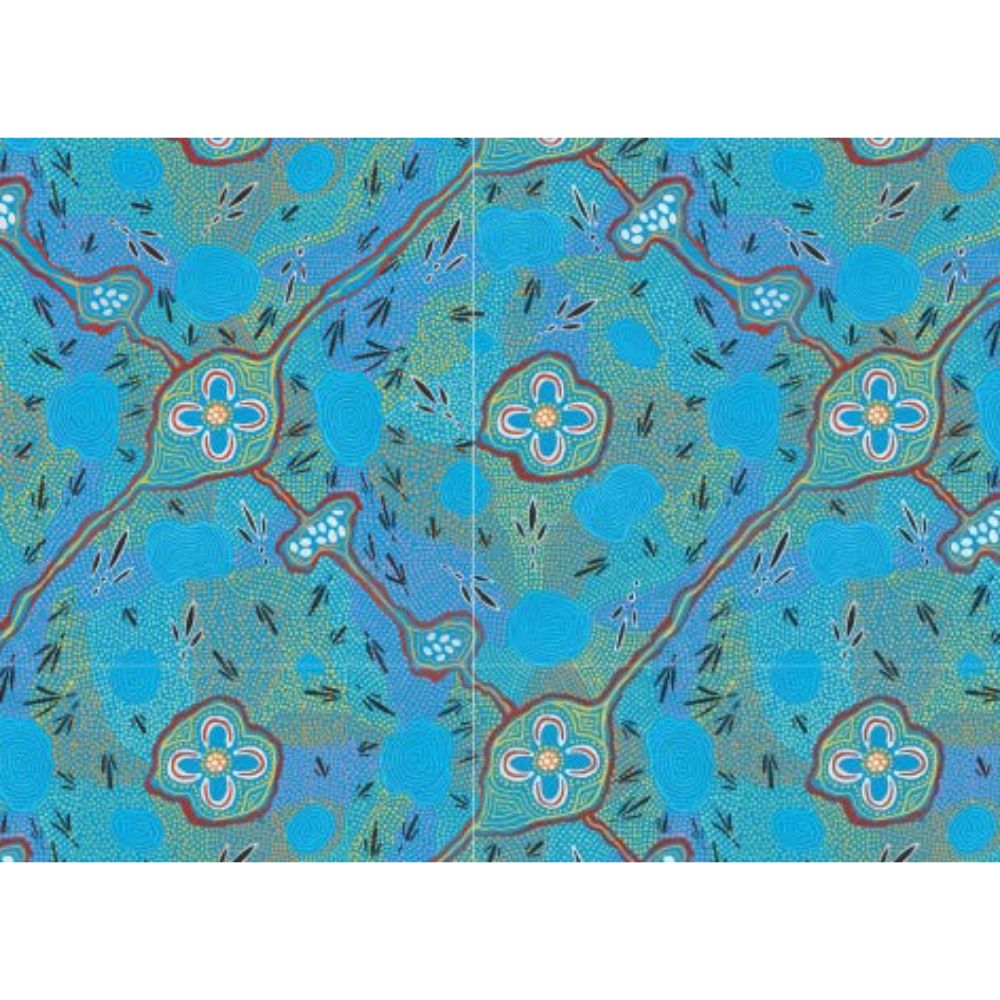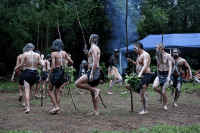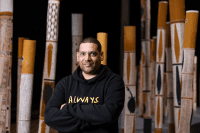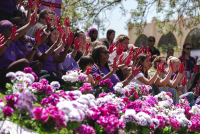The National Indigenous Cultural Centre = NICC www.nicc.org.au – NICC was established to enable indigenous culture to grow, connect, enable – Australians, our global community understand.
NICC was established to educate. The surplus NICC generates from enabling Australia’s indigenous culture, via NICC and via The Walkabout Australia Foundation = Walkabout Australia = www.walkaboutaustralia.org : Walkabout delivers culture at events, functions, expos, conferences, Royal and Regional Shows – if you need bush tucker food, if you need indigenous music, if you need Aboriginal or Torres Strait Island dancers, a fashion show – stories; any indigenous culture (walkabout delivers / NICC educates (SO – any surplus funds all go to indigenous language education in primary schools. IF you can help us in any way = please email or call.
The spear, digging stick, cudgel and net were brought home by German missionaries nearly 200 years ago
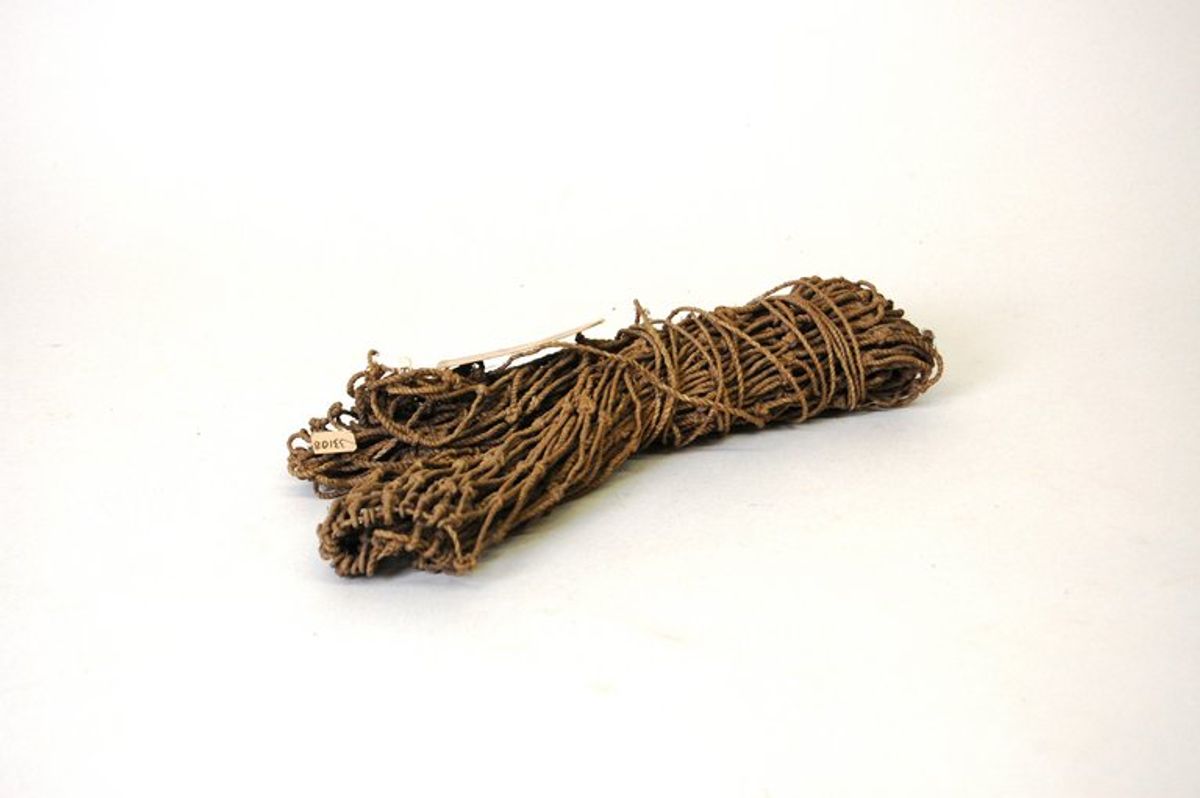
Dresden’s museum of world cultures returned a spear, a digging stick, a cudgel and a net that were brought home to Germany by missionaries almost 200 years ago to the Kaurna Aboriginal community of Australia at a ceremony in Sydney yesterday.
The Kaurna community submitted a request for the objects to be returned in 2019 after extensive provenance research, including important contributions by Kaurna scholars, the Dresden State Art Collections said in a statement.
“The reason behind the return is an acknowledgement that these objects contribute to the Kaurna community’s sense of identity, given their provenance, historical context and important role as historic witnesses of the material culture,” the statement said.
The everyday objects were brought to Germany between 1838 and 1839 by Clamor Wilhelm Schürmann and Christian Gottlob Teichelmann, protestant missionaries working in the region surrounding Adelaide. The two missionaries also researched the Kaurna language and published vocabulary lists.
This was “the era of the first colonial settlement of this territory, and it was marked by expulsions of indigenous people from their land, the loss of their languages and of their material culture,” the statement said.
The missionary society to which the two men belonged gave the four objects to Dresden’s historical museum in 1840. From there, they passed to the royal zoological and ethnographic museum collections in 1877.
At yesterday’s ceremony, the Kaurna community was represented by Mizi Nam of the Kaurna Yerta Aboriginal Corporation. The return ceremony was supported by the German embassy in Canberra, the Saxon culture ministry, and the Australian Institute of Aboriginal and Torres Strait Islander Studies.


